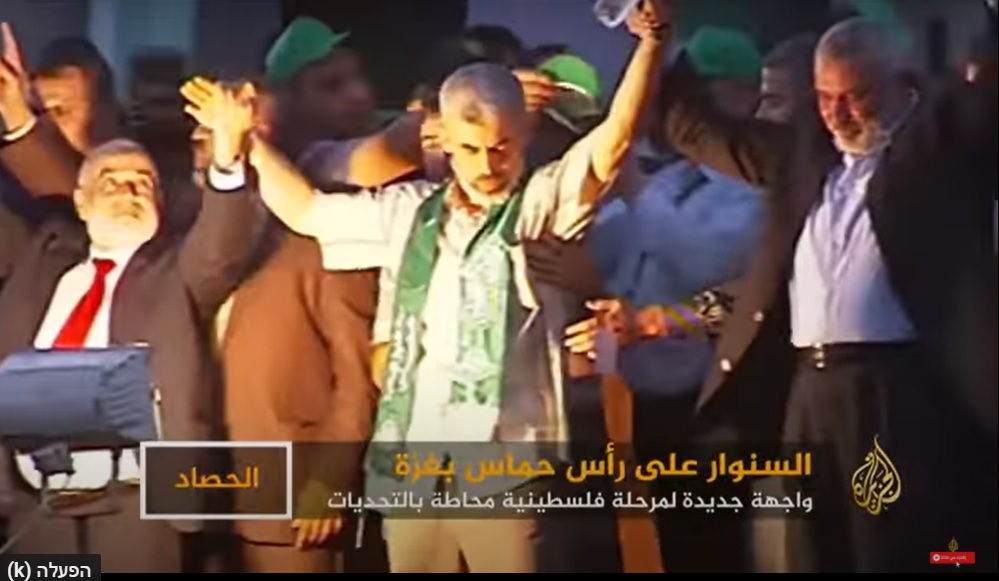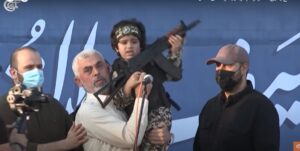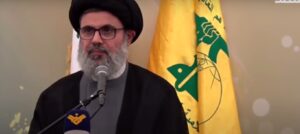It has been twelve days since the horrifying massacre carried out by Hamas terrorists in Israeli settlements along the Gaza Strip border.
With each passing day, the magnitude of the intelligence failure within the Israeli security establishment becomes increasingly evident.
Major General Aharon Haliva, the head of the Israeli Intelligence Service, and Ronen Bar, the head of the Shin Bet, have shouldered responsibility for the failure in their respective domains.
Nevertheless, numerous senior officials within the intelligence community who played a role in this failure remain conspicuously silent. These include Brigadier General Amit Sa’ar, head of the research division of Israeli Intelligence, the Commander of Unit 8200, the Head of the Southern Region of the Shin Bet, and the intelligence officer of the Southern Command and Gaza Division in the IDF.
The central failure of the Israeli intelligence apparatus lies in its inability to provide timely warnings to Israel’s political and security leadership about the impending war.
Hamas had been clandestinely planning this conflict for over a year, eluding the watchful eye of Israeli intelligence.
This intelligence failure surpasses even the one witnessed during the Yom Kippur War in 1973.
Colonel Hagai Man, who served as the intelligence officer of the Northern Command in the IDF before that war, recently spoke to me.
He recalled how he had confronted Aryeh Shalev, the head of the research division at Israeli Intelligence at the time, regarding AMAN’s flawed assessment.
Alongside Yitzhak Khofi, the commander of the Northern Command in the IDF, they successfully mobilized the 7th Brigade to the Golan Heights area.
The research division at Israeli Intelligence concealed vital intelligence from Hagai Man, and he stood up against it.
But where were the honest and astute officers within Israeli intelligence during this recent crisis?
Who among them warned their superiors about the impending Hamas attack?
Regrettably, it appears that the entire intelligence system was in a state of paralysis.
The forthcoming commission of inquiry will have to dig deep to uncover the truth.
I vividly recall a conversation during my younger years with Yoel Ben Porat, who served as the commander of Unit 8200 during the Yom Kippur War.
He shared startling details about General Eli Zeira, the head of Israeli intelligence at the time, who had essentially disabled Unit 8200 to maintain his own perspective on the possibility of war, an outlook he successfully sold to the political leadership.
Only the Mossad’s top Egyptian agent, Ashraf Marwan, managed to convey the genuine warning of war to Zvi Zamir, the head of the Mossad, on the eve of the conflict.
It was only then that the political leadership took the situation seriously.
However, this time, there was no equivalent of Ashraf Marwan within Hamas to provide advance warning of the imminent attack.
Despite the legendary capabilities of Israeli intelligence, such as Unit 8200, Unit 504, cyber units, and technology units within AMAN, as well as the consistently effective Shin Bet in counterterrorism efforts, there was no agent at the highest levels of Hamas to forewarn Israel of the organization’s intent to launch a massive attack.
The continuous acclaim for Israeli intelligence, technological innovations, artificial intelligence, and the quality of intelligence officers is not enough.
I place greater trust in human intelligence (HUMINT), without specifying why. Until the commission of inquiry is established, conclusions are drawn, and those conclusions are implemented – a process that may take several years – the Israeli intelligence system requires a significant overhaul.
In the interim, Israel urgently needs reliable and swift information about Hamas’ intentions and operational plans.
Israeli intelligence must expediently recruit a trustworthy informant within the upper echelons of Hamas to provide critical intelligence.
Finding new sources will be a lengthy process, and it is my belief that many existing sources have been compromised, allowing Hamas to mislead Israel.
If AMAN and the Shin Bet are unable to meet this challenge, perhaps the task should be assigned to the Mossad to ensure that Hamas does not catch Israel off guard once more.



